Bassem AllamMarine animal diseases
GRADUATE OPPORTUNITIES AT SoMAS
Join Us and Make Scientific Research Count at Stony Brook University!
Welcome to the School of Marine and Atmospheric Sciences at Stony Brook University. We are working on the most important problems on the planet, and want you to be part of the solution!
SoMAS provides future scientists and policy makers with the education, training, and skills to take you wherever you want to go. Our graduate students and faculty explore topics such climate change, extreme weather, marine and atmospheric pollution, fisheries management, clean water technology, harmful algal blooms, feeding patterns of marine mammals and birds, tropical meteorology, and much, much more.
Graduate students at SoMAS have access to top flight faculty researchers and facilities both at SoMAS, in other Stony Brook graduate programs in the basic fields of science, math, and medicine, and at nearby national laboratories. Our location is in close proximity to a wide range of coastal and open ocean habitats.
We are one of the premiere coastal marine science and atmospheric schools in the country, with classrooms, labs, and facilities on the shores of the Long Island Sound, Great South Bay and the Atlantic, and the main campus at Stony Brook. The National Research Council ranks SoMAS in the top 10 marine and atmospheric science programs in the United States.
No previous marine science experience is required! We encourage applicants with strong backgrounds in biology, chemistry, geology, physics, and applied math to apply to our M.S. and Ph.D. programs, and those with strong backgrounds in political science, economics, and public policy to apply to our M.A. program in Marine Conservation and Policy.
The SoMAS graduate faculty listed below may have a research focus that aligns with your interests--join us at SoMAS!
JOIN US AT SoMAS!
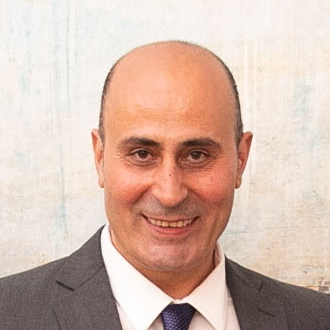
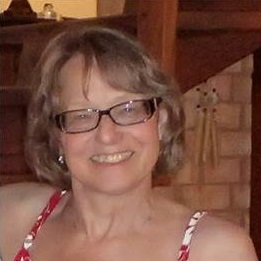
Josephine AllerMarine benthic ecology
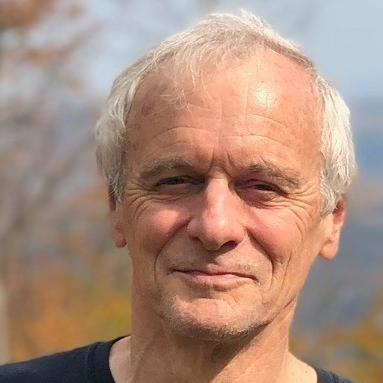
Robert AllerMarine biogeochemistry
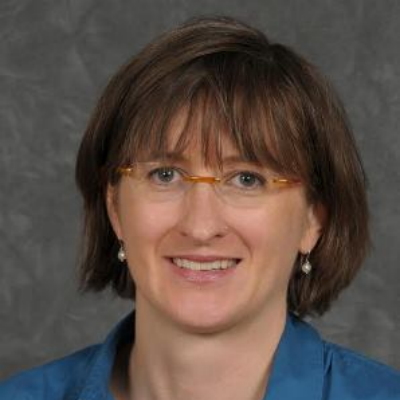
Katherine AubrechtSustainable and green chemistry
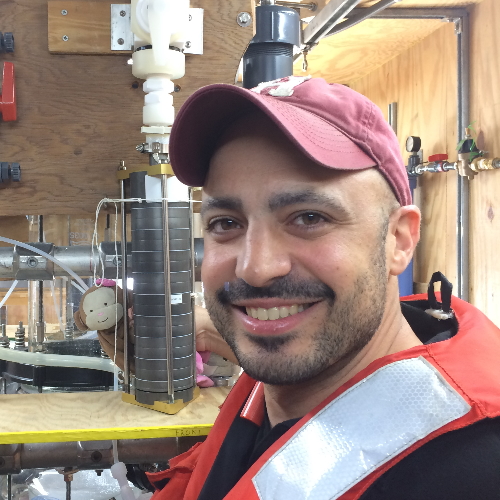
Steven BeaupréMarine Biogeochemistry
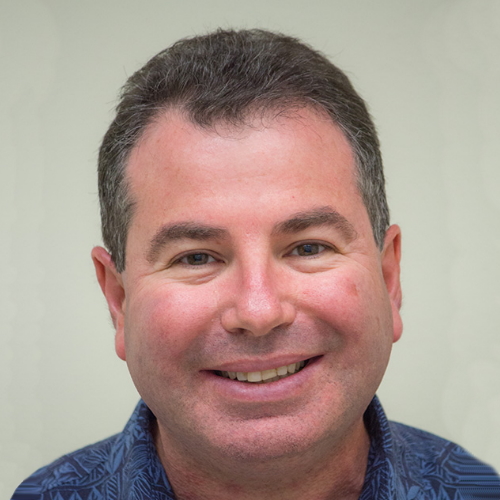
David BlackPaleoclimatology, paleoceanography
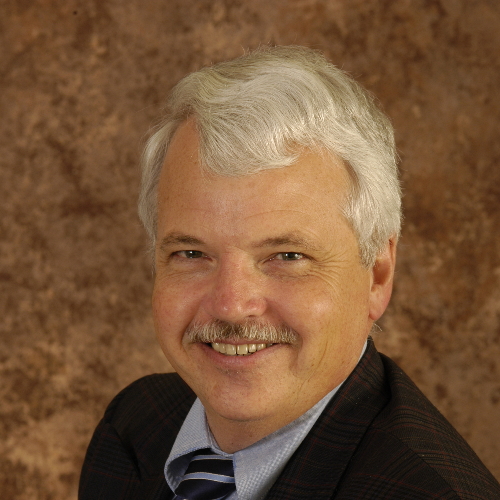
Henry BokuniewiczCoastal groundwater hydrology
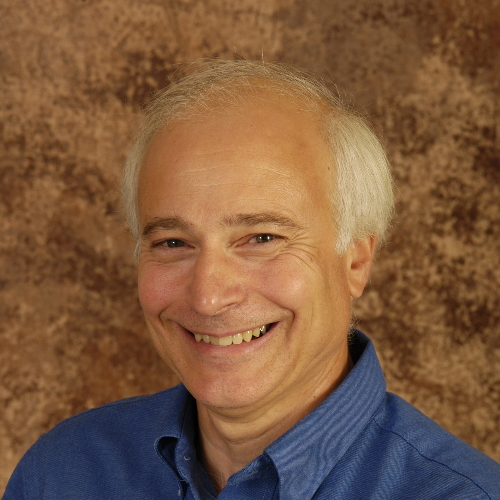
Robert CerratoBenthic ecology
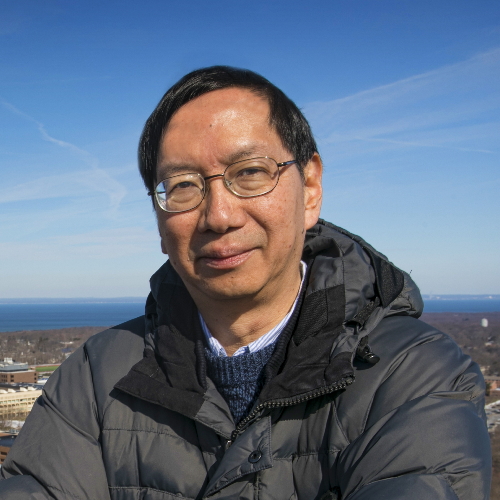
Edmund ChangAtmospheric dynamics

Yong ChenFisheries ecology
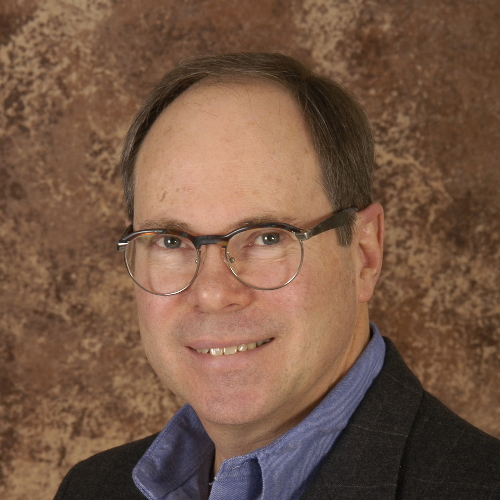
Kirk CochranMarine geo-chemistry
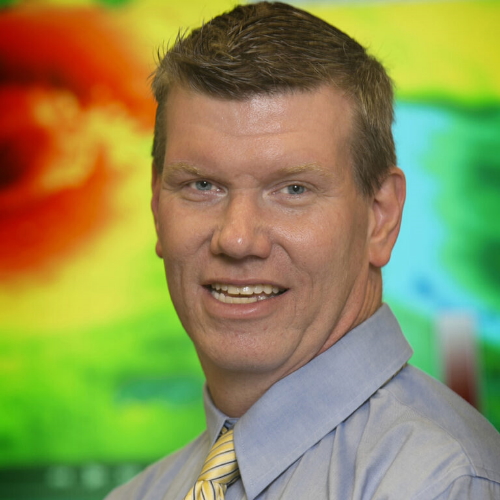
Brian ColleCoastal meteorology
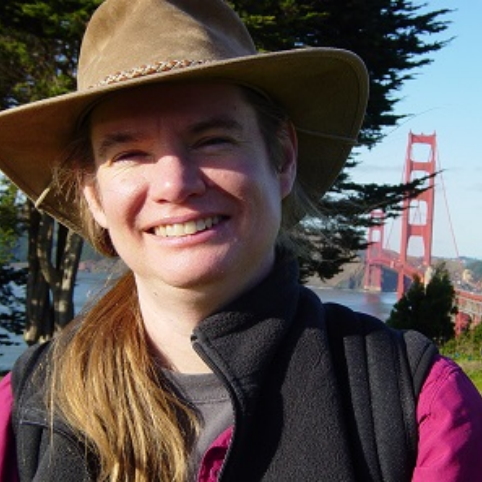
Jackie CollierPhytoplankton physiological ecology
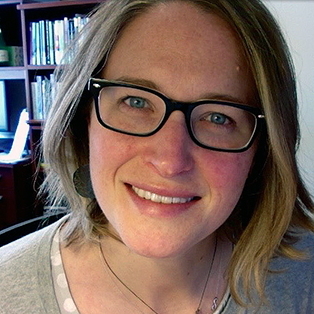
Mary CollinsEnvironmental Health Inequality, Environmental Justice, Socio-Environmental Systems, Quantitative Methods, Data Synthesis and Visualization
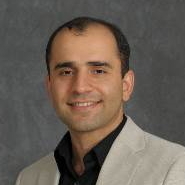
Ali FarhadzadehNearshore hydrodynamics
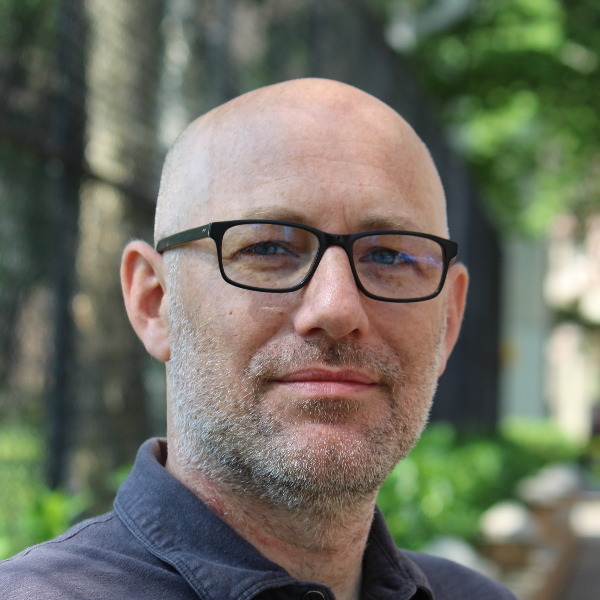
Donovan FinnCommunity-based planning

Nicholas FisherMarine phytoplankton physiology
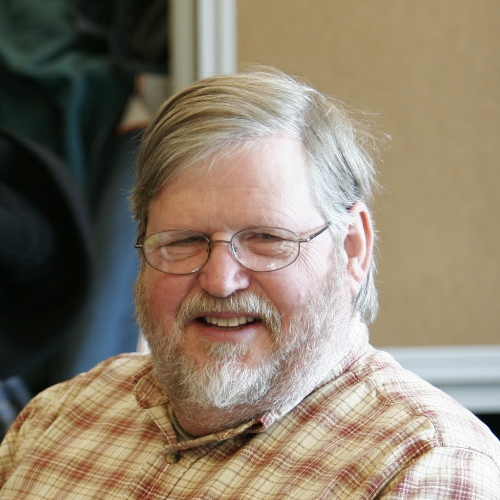
Roger FloodMarine geology
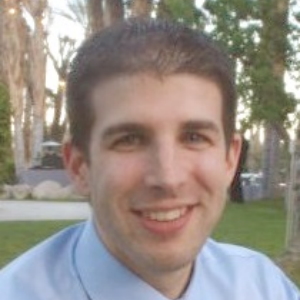
Michael FrenchSupercell and tornado dynamics
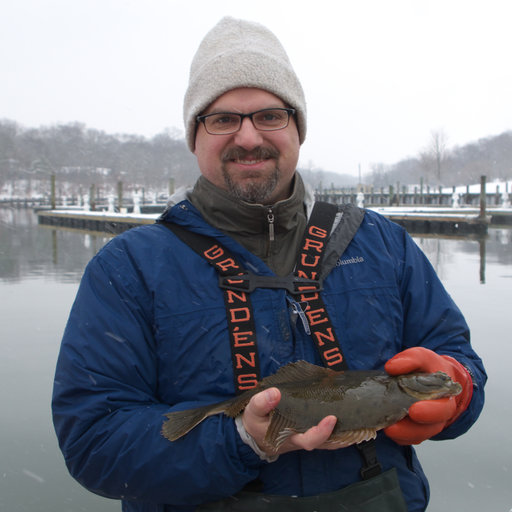
Michael FriskFish ecology
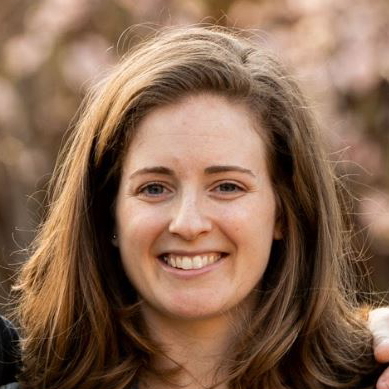
Christine GilbertScience communication
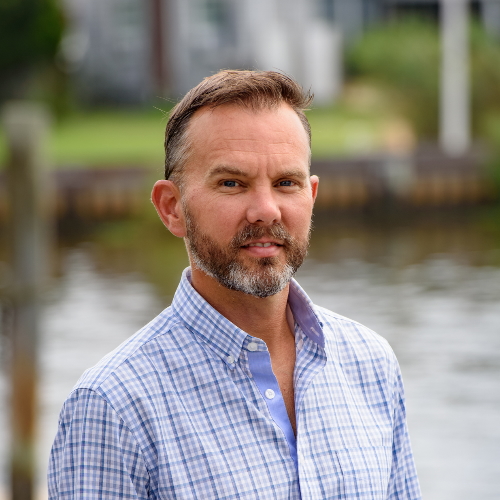
Chris GoblerCoastal ecosystem ecology
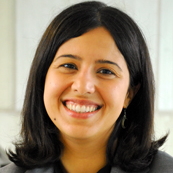
Sara HamidehCommunity resilience

Guanyu HuangSatellite remote sensing, atmospheric chemistry, environmental health, and environmental justice
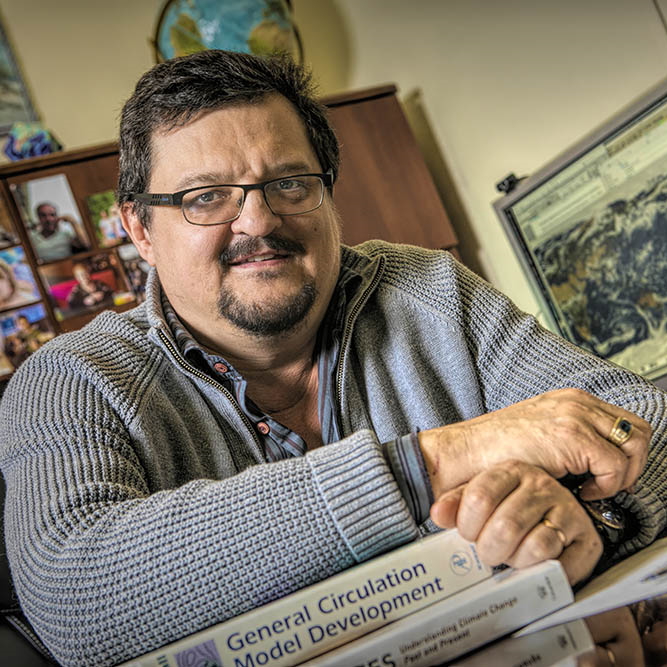
Marat KhairoutdinovCloud microphysics and parameterization
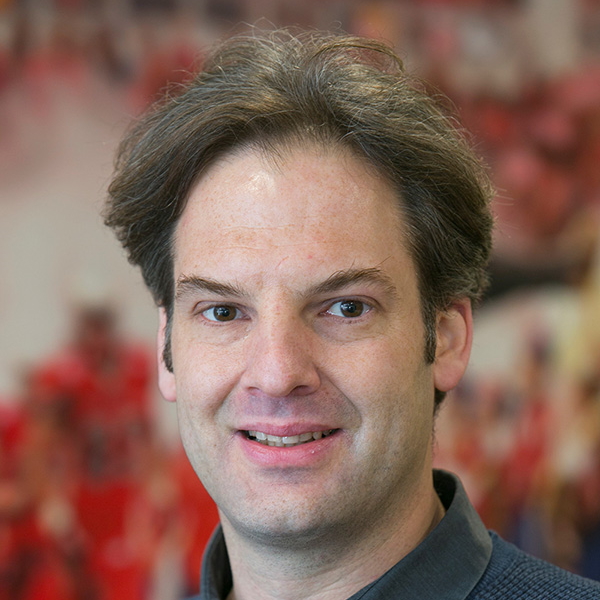
Daniel KnopfMicrophysics and Chemistry of Atmospheric Aerosols
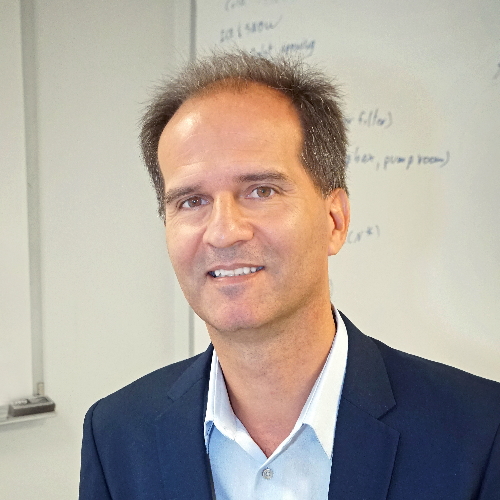
Pavlos KolliasCloud Microphysics and Dynamics

Ping LiuClimate change, dynamics and modeling
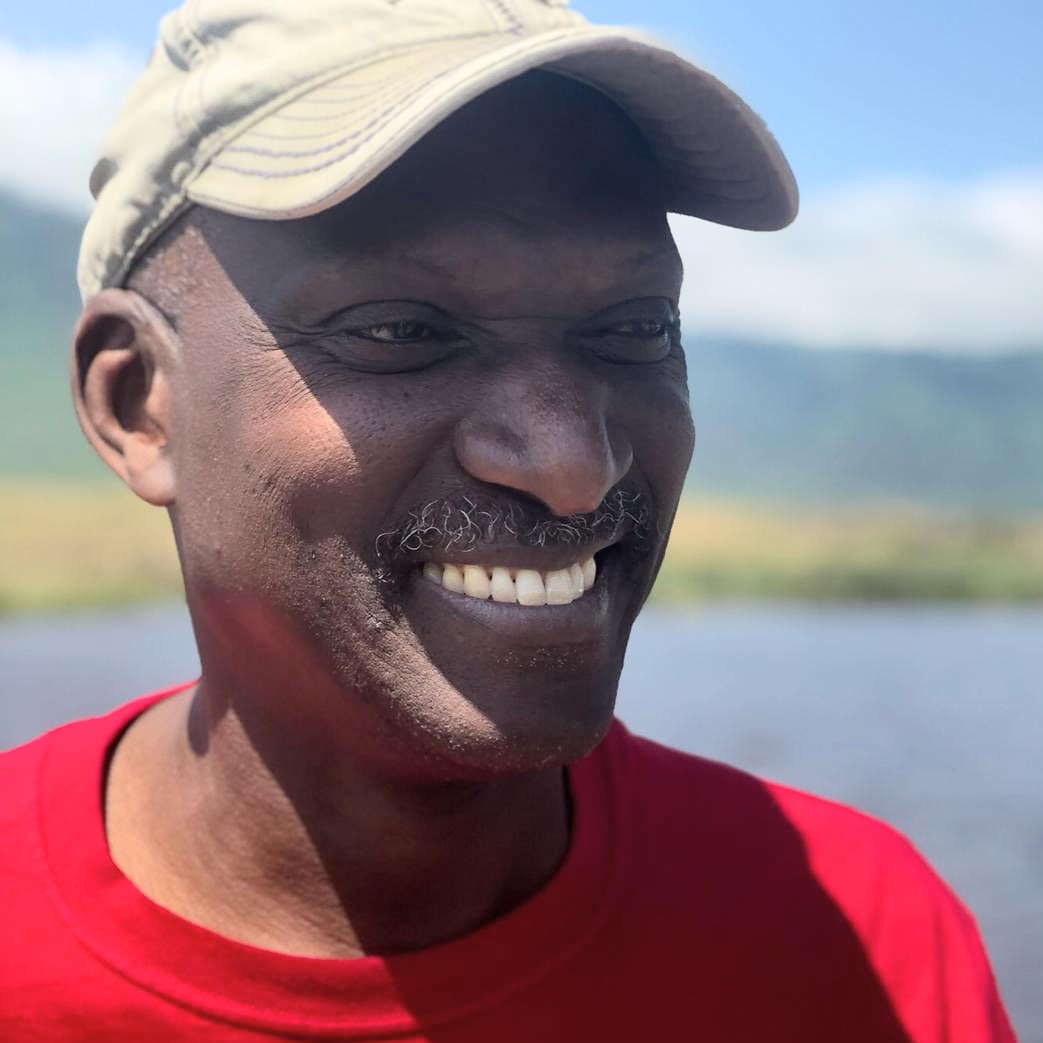
Kamazima LwizaRemote sensing oceanography
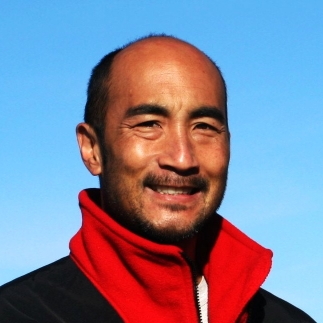
John MakTrace gas emissions
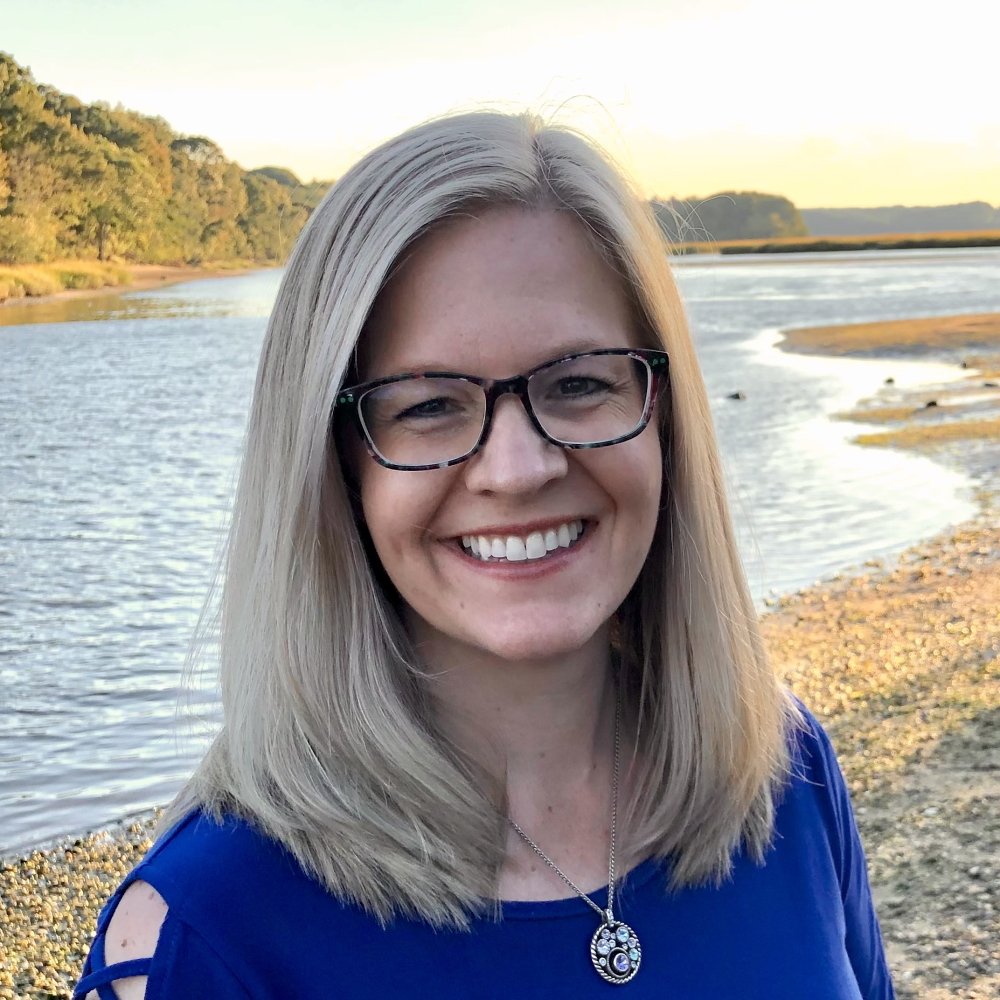
Jack McSweeneyEstuarine dynamics
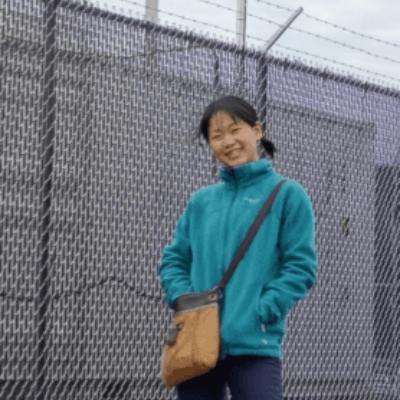
Mariko OueMixed-phase clouds microphysics
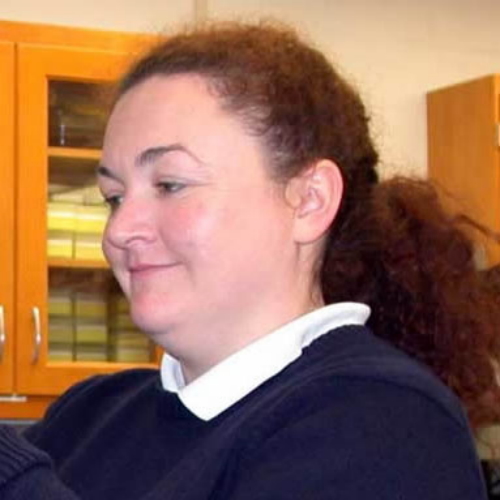
Emmanuelle Pales-EspinosaShellfish physiology
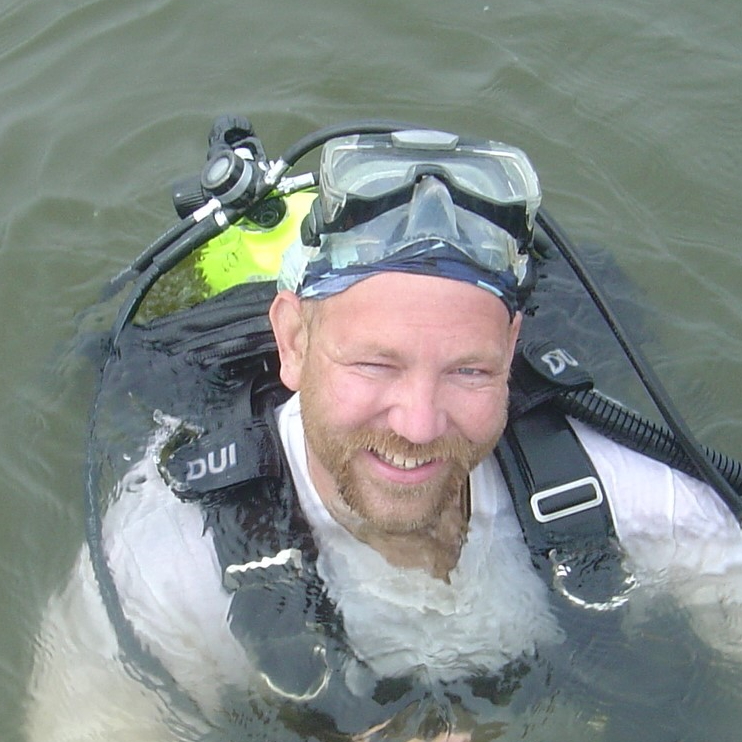
Brad PetersonCommunity ecology of seagrass dominated ecosystems
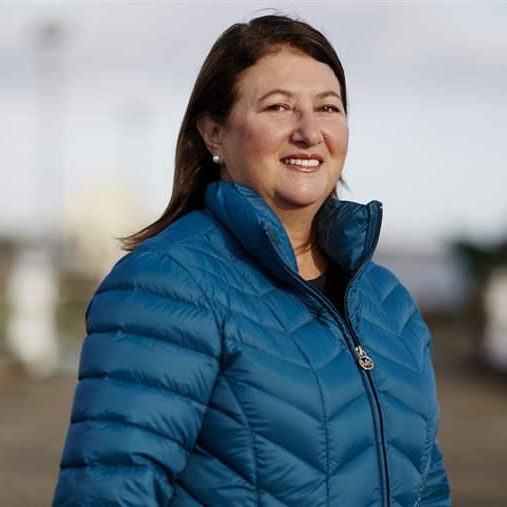
Ellen PikitchOcean conservation
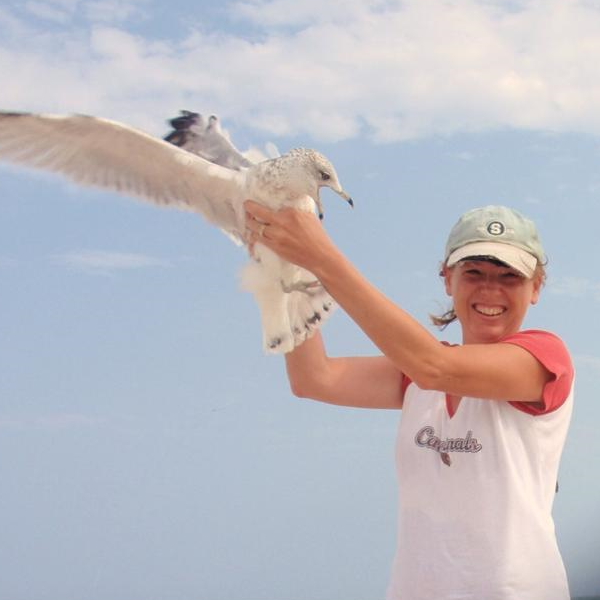
Sharon PochronSoil Health, Ecotoxicity, Glyphosate, Roundup, Microplastics, Earthworms, undergraduate STEM Education
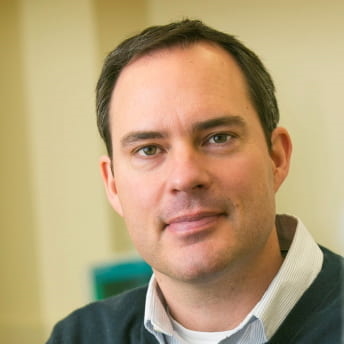
Roy PriceHydrothermal vents
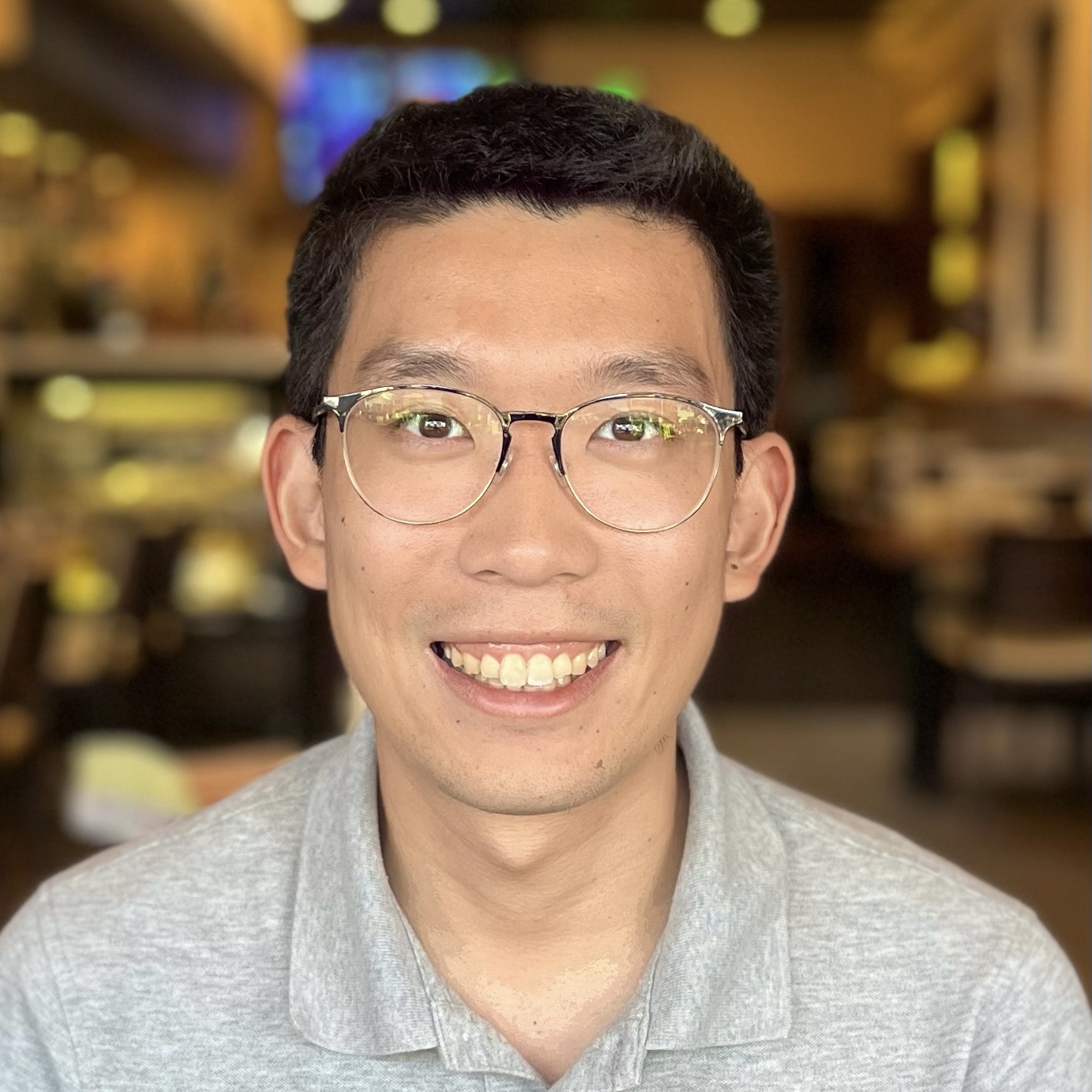
Minghao QiuAir quality; Climate change impacts; Climate change and health; Energy and climate policy evaluations
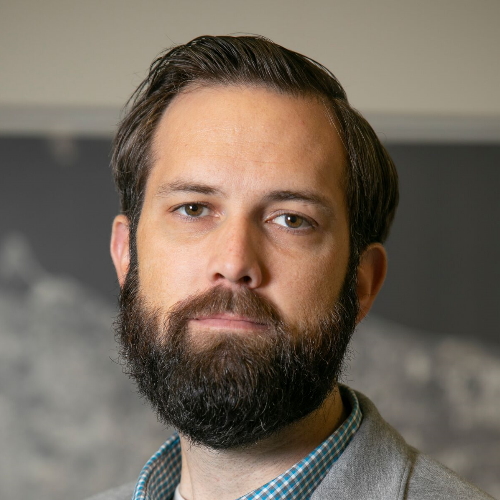
Kevin ReedClimate Change Attribution
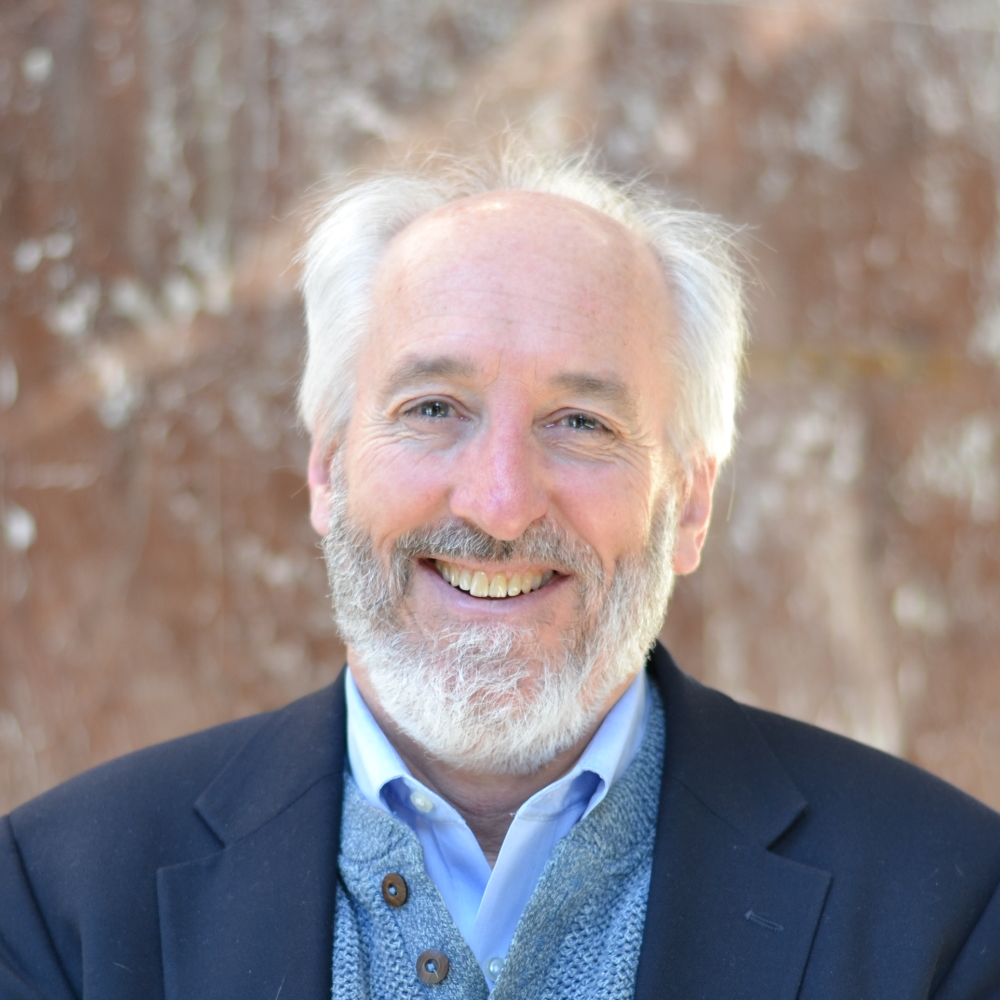
Paul ShepsonAtmospheric Chemistry
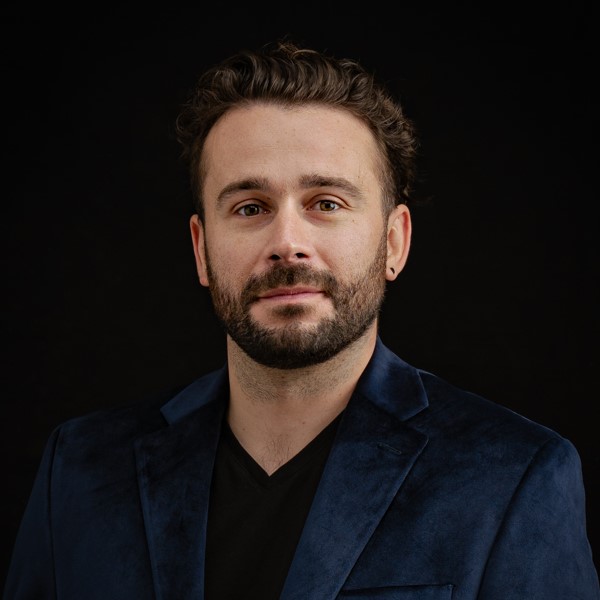
Oliver ShipleyBulk and compound specific stable isotope systems, food-webs, ecological niches, community dynamics, ecosystem ecology, energy flow
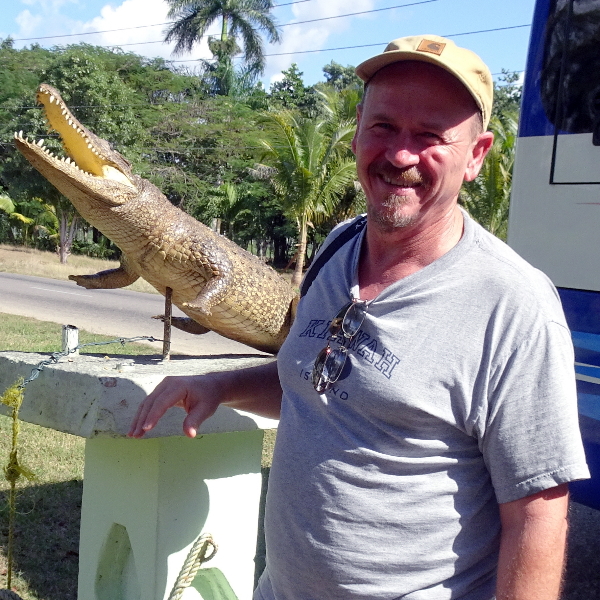
David TaylorEnvironmental humanities
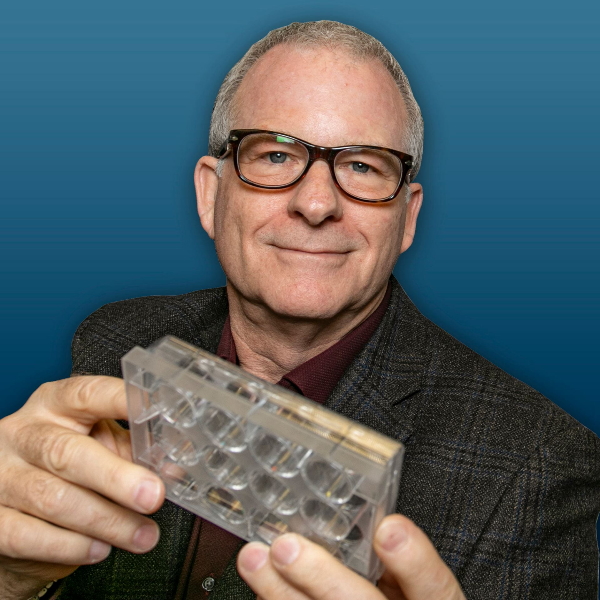
Gordon TaylorMarine microbiology
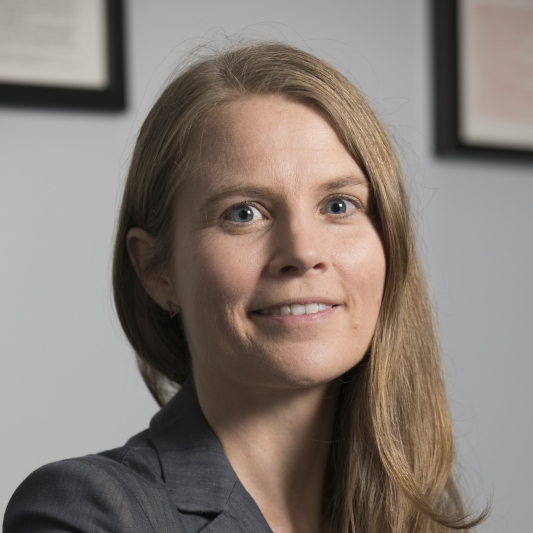
Lesley ThorneBio-physical and trophic interactions in marine ecology
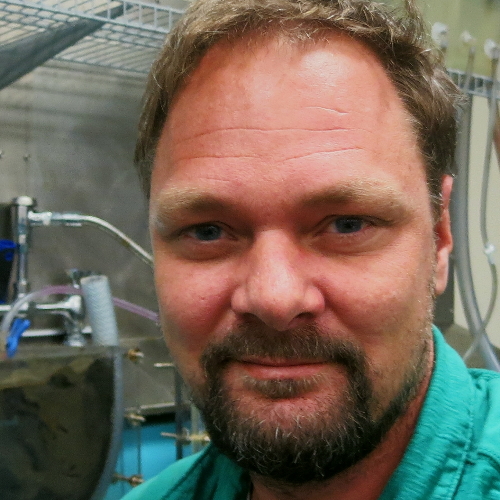
Nils VolkenbornSediment biogeochemistry
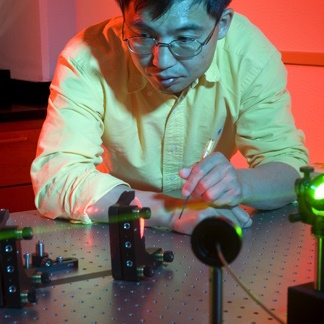
Zhien WangCloud physics, atmospheric remote sesning, multi-sensor remote sesning, global aerosol and cloud distributions, Airborne Raman lidars
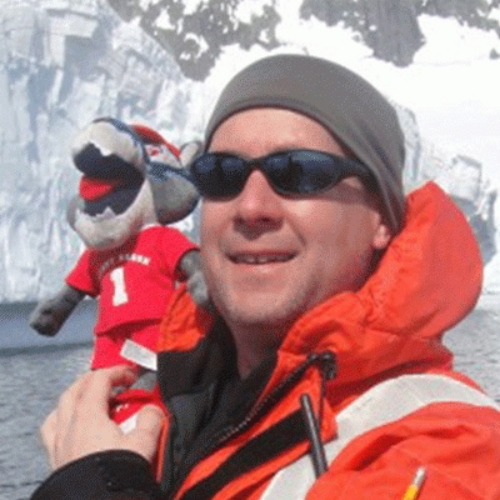
Joe WarrenAcoustical oceanography
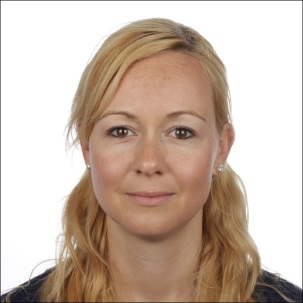
Laura WehrmannMarine Biogeochemistry
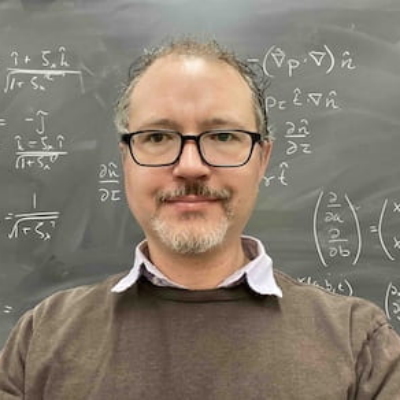
Christopher WolfePhysical oceanography
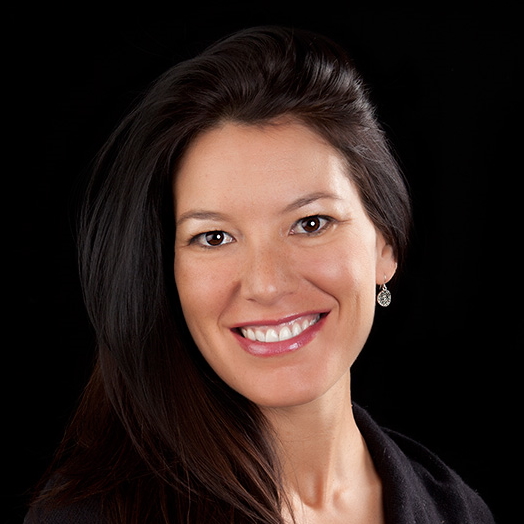
Karina Yager Impacts of climate change in mountain environments

Minghua ZhangClimate modelling
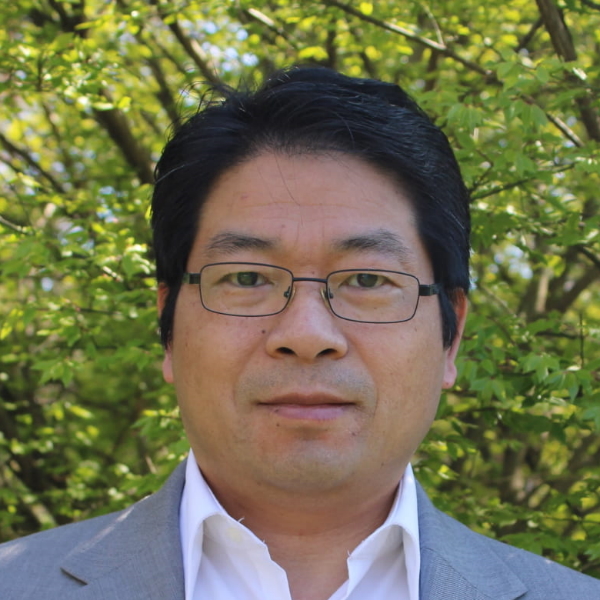
Qingzhi ZhuEnvironmental Analytical Chemistry
Students with bachelor’s degrees can apply directly to the M.A., M.S. or Ph.D. programs. Students with M.S. degrees can also apply to the Ph.D. program, but an M.S. is not required for entry to the Ph.D. program.
Students with backgrounds in math and the sciences, particularly those with strong quantitative backgrounds, are encouraged to apply. We help students apply the tools of math and science to solve complex environmental issues.
Qualifications for Admission
-
All Programs
- Completion of a B.A. or B.S. with a cumulative G.P.A. of at least 3.0 (a B)
- International students without English as their native language must have acceptable scores on the TOEFL (paper: 600, computer: 230, iBT: 90) or IELTS (6.5).
- The Graduate Record Examination (GRE) is not required; however, we will accept and consider scores for applicants who feel it strengthens their application.
M.A. in Marine Conservation Policy
- At least 4 semesters of college courses in math or science, including at least one course in biology.
M.S. and Ph.D. in Marine, Atmospheric, and Sustainability Sciences
- A B.A. or B.S. degree in a discipline related to the intended field of study, or coursework equivalent to such a degree.
- At least 8 semesters total of some combination of introductory coursework in mathematics, biology, chemistry, geology, physics, sustainability, and/or related disciplines, with more advanced coursework in at least one of these disciplines.
Admission Application Deadlines
Final application deadlines for upcoming semesters are published at the Graduate School's application portal. However, to ensure full consideration for all forms of financial aid, applications must be received by the priority deadlines listed below.
M.A. in Marine Conservation Policy
Fall Semester admission review begins promptly after the priority deadline of January 15. Applications are then evaluated on a rolling basis until either the final deadline, or until program capacity is reached. Applicants are strongly encouraged to apply early for optimal consideration.
M.S. and Ph.D. in Marine, Atmospheric, and Sustainability Sciences
For Fall admissions, applications received by December 15th will receive full consideration for scholarships and fellowships such as the Graduate Council Fellowship. For Spring admissions, applications must be received by October 1st; please note that admission to begin in spring is rare and financial support is generally only available for students beginning study in the fall semester.
To Apply
- Fill out the online application to the Stony Brook University Graduate School.
- Prepare your personal statement.Tell us why you want to earn a graduate degree (MS or PhD) in Marine and Atmospheric Sciences. How would your time in our program help to get you from your previous experiences to where you hope to be in 10 years? If relevant, describe how any prior research experience has prepared you for graduate school. Additionally, tell us about other life experiences that have prepared you for graduate work by building transferable skills (e.g., project management, coding, budgeting, work ethic, ability to work in a team, ability to work independently, etc.). Describe your research interests as specifically as you can, including which SoMAS faculty you would like to work with to pursue those interests. Although contact with potential advisors is not required before applying, it is very strongly encouraged. Our program embraces and supports diversity, equity and inclusion (DEI); please describe if and how your experiences and goals are connected to DEI. Finally, tell us anything else you would like the Admissions Committee to know in evaluating your application. Aim to be concise; an effective personal statement is often less than two pages. Please note that you will be prompted to upload your personal statement from the 'checklist' page that will appear after you have submitted your application (and paid the application fee) in Slate.
- Identify 3 people to provide letters of reference, and make sure they submit them when prompted by Slate.
- Have ETS send Stony Brook University your official Graduate Record Examination (GRE) scores (Stony Brook’s code for score reporting is 2548). International students must submit your TOEFL/IELTS scores to Stony Brook (code 2548).
- Provide transcripts from previous undergraduate and graduate coursework (unofficial is acceptable) as required by the Graduate School; note that if accepted, you will also need to provide official transcripts. Please refer to the Graduate School's Admissions FAQ for more information.
* Note: Item 4 applies to all transcripts other than Stony Brook University transcripts. SBU transcripts do not need to be mailed in. Also, the School of Marine and Atmospheric Sciences does not require supplemental information from applicants.
Admission decision timeline
We generally finish making our first round of offers by mid-February. Do not expect to hear from us before then. We may make some additional offers through March, and generally do not officially reject applications until early April.
Please check your application status in Slate, and do not email anyone but your prospective advisor asking these questions.
For additional information on graduate programs, please contact:
Director of Graduate Programs
Jackie Collier | somas_gpd@stonybrook.edu
Faculty Director of the M.A. Program in Marine Conservation and Policy
Kaitlin Giglio | mcp_somas@stonybrook.edu | 631-632-8704
Graduate Programs Assistant, for questions regarding application status or process
Christina Fink | Christina.Fink@stonybrook.edu | 631-632-8680
Take a VIRTUAL TOUR of SoMAS
Below are projects in which SoMAS faculty are seeking new students to participate – this could be you!
LESLEY THORNE
LEARN MORE
JACKIE COLLIER
LEARN MORE
STEVE BEAUPRE
LEARN MORE
PAUL SHEPSON
LEARN MORE
EMMANUELLE PALES-ESPINOSA
LEARN MORE
GORDON TAYLOR
LEARN MORE
BRADLEY PETERSON
LEARN MORE
EDMUND CHANG
LEARN MORE
KEVIN REED
LEARN MORE
NILS VOLKENBORN
LEARN MORE
JOE WARREN
LEARN MORE
